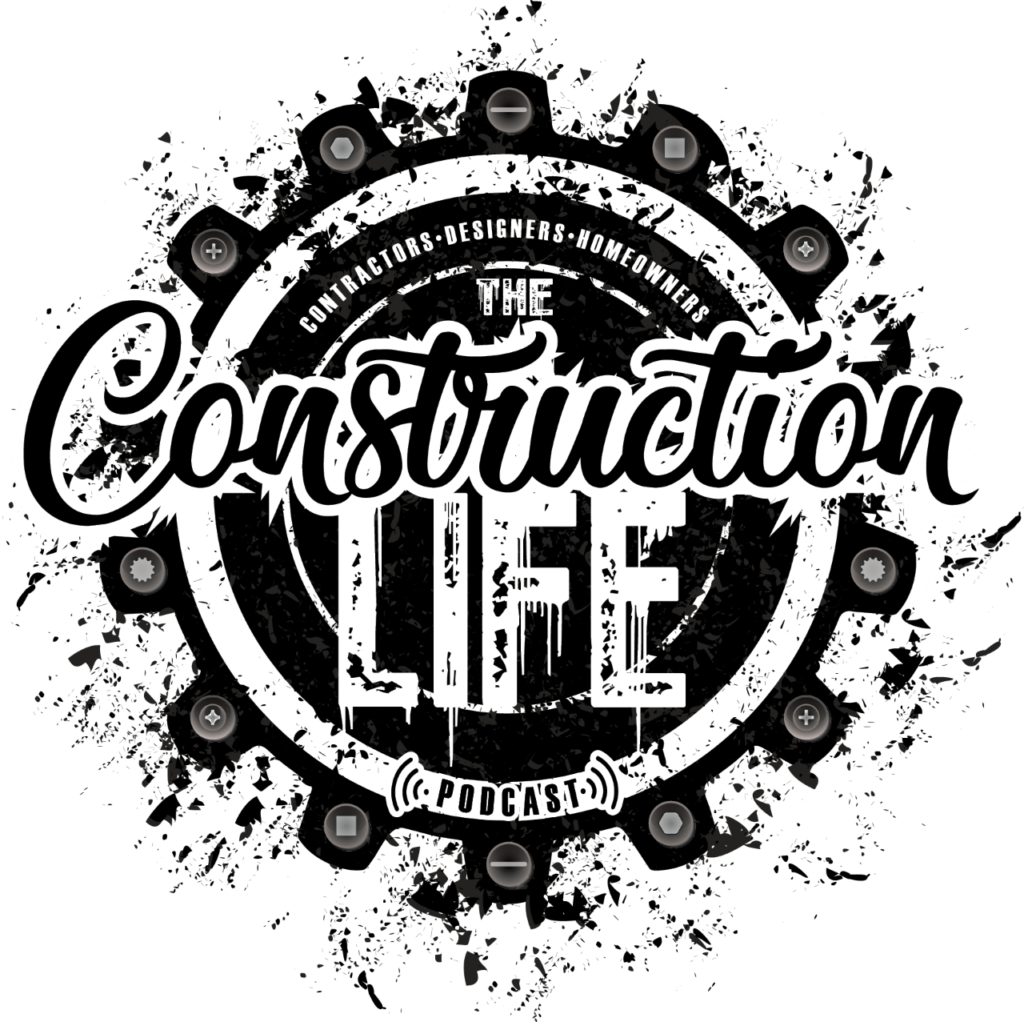6 Lessons Learned from GOOD ENOUGH IS NOT GOOD ENOUGH FOR US – The Construction Life
Show Notes
The construction life is an amazing podcast for anyone working out there in the Construction industry. Manny Neves and Carlito Pavlovic with guest host Jim Caruk will change your perspective of the construction trades and industry whether you are a player in this industry or not.
The first podcast episode titled “Good Enough Is Not Good Enough for Us” discusses how completing your job in time and within the budget is not good enough!
In a fun and light-talk, they give some construction life-changing lessons to conquer this industry.
1. Passion and Love for Construction
Most people think it is good enough to make your living, wake up every day, get your job done, and have the same routine the very next day. Their sole purpose is to earn money. To achieve perfection, you need to be passionate about your work. You need to upscale your perception and criteria of Good Enough. Leave everything behind even your personal life when you are on your Jobsite.
Try to be a Snowball of positive energies on and off the job site. Be an inspiration and stay around inspirational people to stay motivated and passionate about your work because there are no set rules or fixed prices to conquer in this industry only your passion can help you lead the market.
2. Forget the Minimum Code
Consider yourself a professional instead of just a tradesperson. You are just like any other professional, a lawyer, doctor, or professor. Instead of sticking to a minimum code, try to reach the skies. Your boundaries are set by you, and so are your goals. An example of minimum code can be achieving whatever you can in a minimum budget. Considering your work vital won’t let you follow minimum code. Will you ever follow a minimum code if you are having a heart transplant? The client’s attitude is compared to the domino effect, how it can make or break the project.
3. Educate and Don’t Be Desperate
You cannot just do what the client say, because a part of a tradesperson job is to educate them. Refuse the clients that approach you with unrealistic expectations and unexpected budgets. Their budget is based on their credit score instead of what they need. They get their budget estimated by a banker. Only a tradesperson can give the right estimate based on market research and experience. You have to educate your client throughout the entire scope of work, tell them this budget will get you this…
Don’t be desperate. Choose the projects that will build your portfolio and satisfy your craving of reaching the Good Enough by providing excellent work. You cannot take a project depending solely on clients’ budget and what they think will fit their budget, build something that you‘ll be proud of everyday.
4. Crappy vs Professional Work
You can choose lower-budget projects but of course, that will lead to crappy work. Make a promise that you won’t do crappy work instead you will go for professional work that is presentable to everyone watching on site and online, there is always someone watching tradespeople.
Clients don’t know about structural components or building materials, so tradespeople can save money and do it the crappy way, but that’s not what a person who loves their job will do. They will try to make every inch, every corner perfect and thus will give the best output so they should be given the freedom to spend and assess the budget based on experience. Crappy tradespeople don’t even look at the quality of the material they are using. And it will not only affect your reputation but also your profits because of callbacks!
5. Your Team not Labor
All the skilled jobs should be interconnected, and they should understand what other trades are doing and how their work is interconnected to theirs. Don’t consider your workers as your laborers instead consider them as your team. They should not be in a hurry to be on their way home instead they should be passionate enough to cross the line of good enough. School your guys and expectations in terms of price and goals. Another important thing is to find and maintain really good finishers, as clients judge your work on what they see!
6. Respect Competition
Okay so instead of doing your work and earning money, you need to build and respect the competition, build a community, and never look at others as your competition. You should visit the job sites of your competitors, open the lines of communication. Check out the job site at all stages of work, how everything is piled up, study their techniques but also share your techniques. Encourage the competition, help out the youngsters, and improve yourself every day as this will bring pride to the construction industry.




















